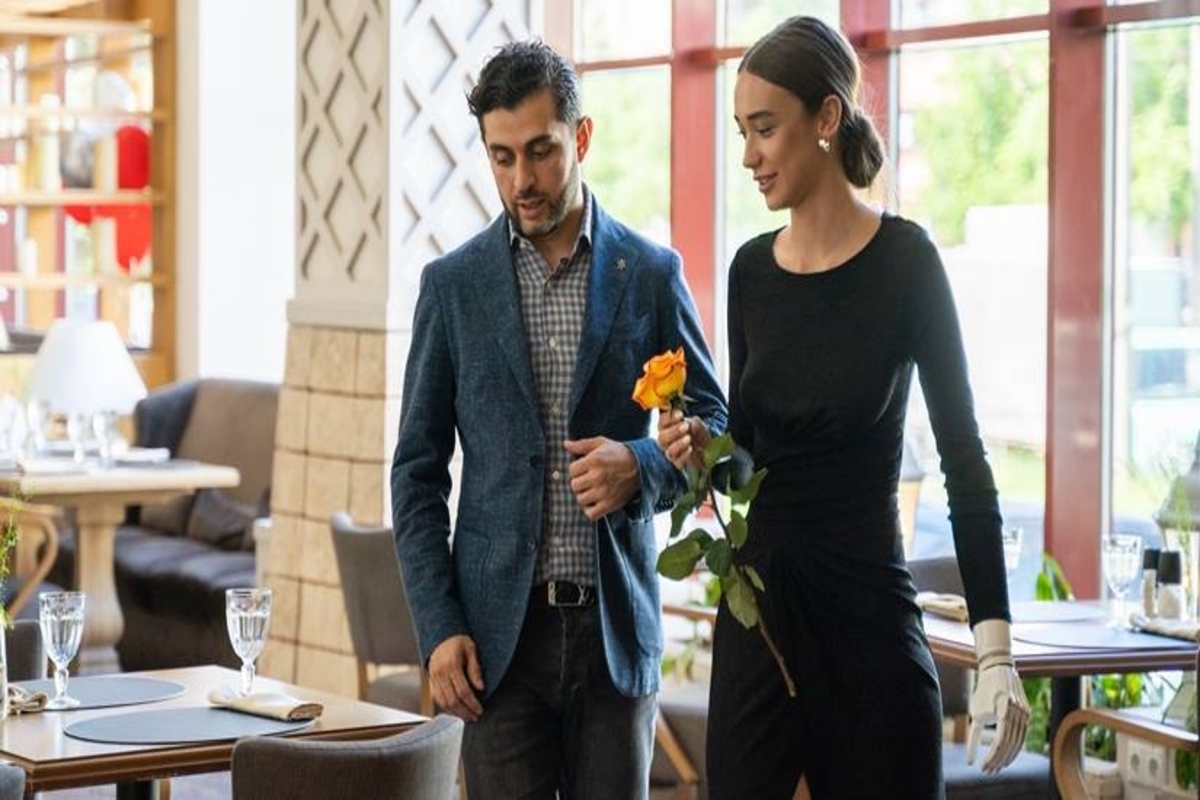Gerry Turner opens up on love struggles after wife’s death
Reality TV star Gerry Turner candidly shares the challenges of finding love post-wife's passing in a heartfelt interview ahead of The Golden Bachelor finale.
Fifty-seven percent said they have been on dates. They deal with everything differently than the average Joe because they have a disability.

(Photo: IANSLIFE)
Finding love is never easy, and when disability enters the picture, dating can be a real challenge.
According to a survey conducted by the dating app QuackQuack among people aged 21 to 30, 43 percent of disabled people stated that dating has always taken a back seat due to their condition. Fifty-seven percent said they have been on dates. They deal with everything differently than the average Joe because they have a disability. However, this does not prevent them from falling in love. Life must continue!
Advertisement
Weakened Confidence
Advertisement
Most people have little understanding of what it is like to live with a disability. In the survey, 41 percent of disabled women from tier 1 and 2 cities expressed a lack of confidence as a result of their living conditions. They admitted to believing that people might not find them as attractive and appealing as those who are not disabled. It takes a long time for them to accept the fact that they have a disability. Dating with the label attached to them can be devastating to their self-esteem.
Dating apps to the rescue
Because it is more convenient, 52 percent of disabled people aged 25 to 30 have used dating apps to find the right match. Many of them found it difficult to go out and meet new people. Dating apps, on the other hand, allowed them to communicate with others from the comfort of their own homes. Despite the difficulties, the majority of them manage to get by.
The talk
While many people with disabilities find it difficult to disclose their condition, 51 percent of disabled people over the age of 30 believe it is better to inform their date about their disability early on. They commented that having a relationship with an elephant in the room is unrealistic.
While many people believe that addressing it beforehand will help ease the initial shock and anxiety, 49 percent believe that their disability does not define them and would not want conversations based on it. They don’t believe in revealing it before meeting someone.
Rejected
According to QuackQuack’s survey, 38 percent of disabled men said their date proposal was rejected because they are differently abled. They revealed that preparing for judgment is as natural as breathing. They stated that society looks the other way when it comes to disabled people. When it comes to dating, this ableist society sees them as the undesirable and discarded part of the equation.
Take a rain check
According to the survey results, 29 percent of disabled people aged 25 to 30 in tier 1 cities admitted to canceling a date because they didn’t feel confident enough to meet someone new. Some revealed that the plan had been postponed indefinitely. They were concerned about being judged because of their situation. Some complained that the world was constantly harsh to them, with comments here and there, stares here and there, and everything else making them feel uneasy throughout their lives. The weight of the judgments was too much for them.
Success stories
On the plus side, the survey discovered that 39 percent of disabled men aged 21 to 30 had a great time on their date. Their conversation revolved around their common interests and shared passions. They admitted to barely discussing the disability. Thirty-seven percent of disabled men from tier 1 and 2 cities said their dates were interested in their living conditions and that they respected that interest. Curiosity can be beneficial at times. It opens up a whole new world of information, and dating a differently-abled person necessitates learning about their condition. Despite the ableist society’s striking lack of positive disabled love stories, these men and women made it work.
QuackQuack’s Founder and CEO, Ravi Mittal commented, “We, the able-bodied people of the world, need to re-educate ourselves and learn to revise our perspective according to the needs of the differently-abled. Only then will the world be an equal place for all.”
Advertisement